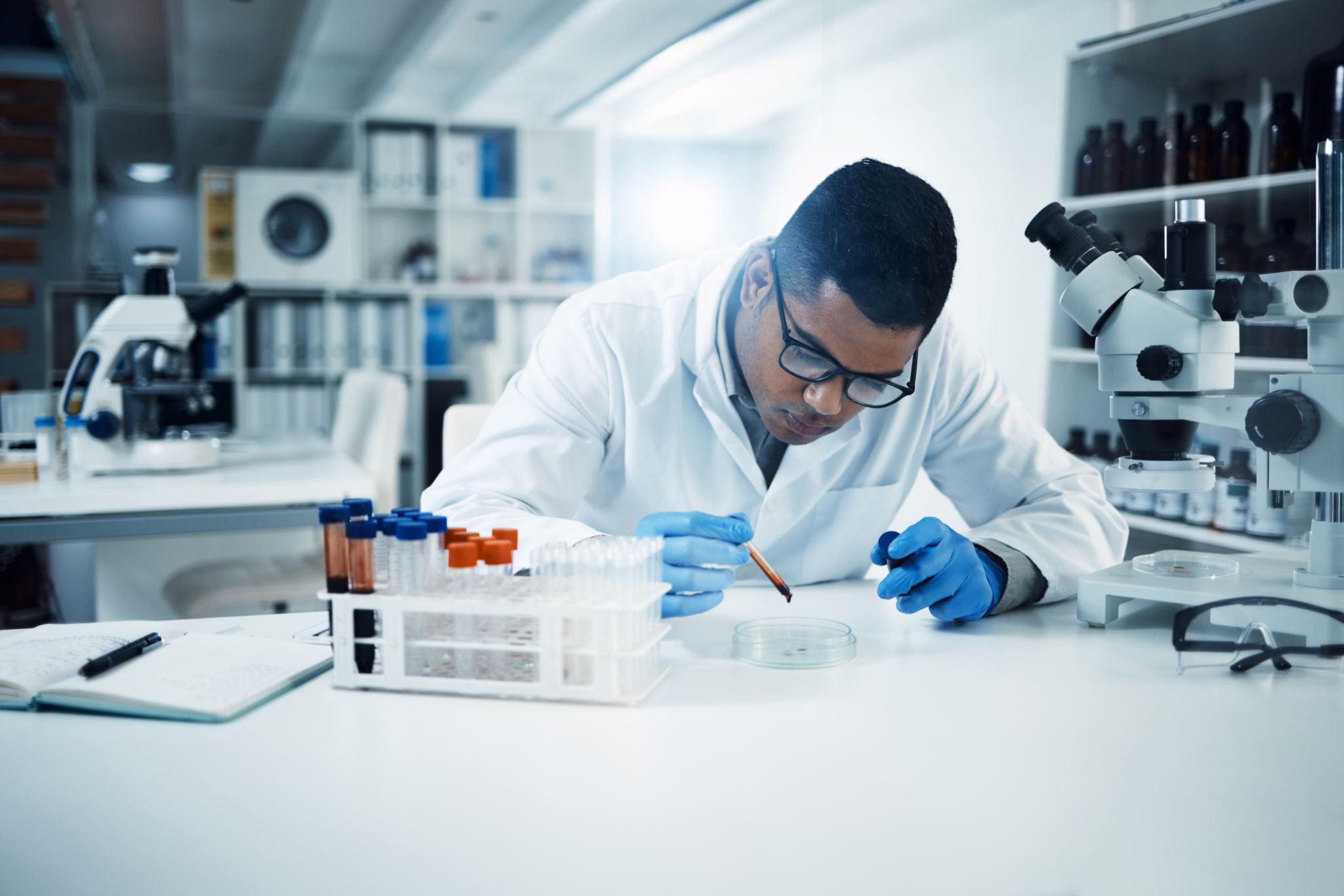Top Eco-Friendly Practices for Scientific Projects in Florida
Introduction to Eco-Friendly Practices
In recent years, the scientific community in Florida has embraced eco-friendly practices, recognizing the urgent need to minimize environmental impact. With its unique ecosystems and biodiversity, Florida serves as a critical location for implementing sustainable scientific projects. This blog post explores some of the top eco-friendly practices being adopted in scientific endeavors across the state.

Sustainable Materials and Supplies
One effective strategy is the use of sustainable materials and supplies. Many scientific projects now source recycled or biodegradable materials for their research needs. This shift not only reduces landfill waste but also minimizes the carbon footprint associated with production and transportation. For instance, laboratories are increasingly opting for glassware and metal instruments over plastic alternatives, which significantly cuts down on single-use waste.
Additionally, purchasing supplies from local providers can greatly decrease transportation emissions. By choosing suppliers within Florida, projects can support regional businesses while reducing their environmental impact.
Energy Efficiency in Laboratories
Laboratories consume a substantial amount of energy, making energy efficiency a key focus area. Implementing energy-efficient practices can lead to significant reductions in electricity usage. Common measures include:
- Using LED lighting and automated lighting systems that turn off when rooms are not in use.
- Installing energy-efficient HVAC systems to optimize heating and cooling.
- Encouraging the use of natural light during daylight hours whenever possible.

Water Conservation Techniques
Given Florida's susceptibility to droughts and its dependence on water resources, water conservation is essential. Many scientific projects have adopted techniques such as:
- Installing low-flow faucets and toilets in laboratory facilities.
- Using closed-loop water systems in experiments to recycle water efficiently.
- Collecting and utilizing rainwater for non-potable uses, such as irrigation and equipment cooling.
Waste Management and Recycling
Effective waste management is integral to eco-friendly scientific practices. Projects are now implementing comprehensive recycling programs to ensure that materials such as paper, glass, and metals are properly recycled. Additionally, hazardous waste is being carefully managed to prevent environmental contamination.

Some initiatives also include composting organic waste from laboratories and research facilities, which contributes to soil health and reduces landfill load. By fostering a culture of recycling and proper waste management, scientific projects in Florida are leading the way in sustainability.
Green Transportation Solutions
The transportation of personnel and materials can significantly impact a project's carbon footprint. To address this, many scientific teams are adopting green transportation solutions such as carpooling, using electric or hybrid vehicles, and promoting remote work where feasible. These practices not only reduce emissions but also contribute to cost savings over time.
Conclusion: A Sustainable Future for Science in Florida
The adoption of eco-friendly practices in scientific projects is crucial for safeguarding Florida's environment. By focusing on sustainable materials, energy efficiency, water conservation, waste management, and green transportation, the scientific community can make a positive impact on the state’s ecological health. As these practices become more widespread, they set a precedent for future research endeavors both within Florida and beyond.
